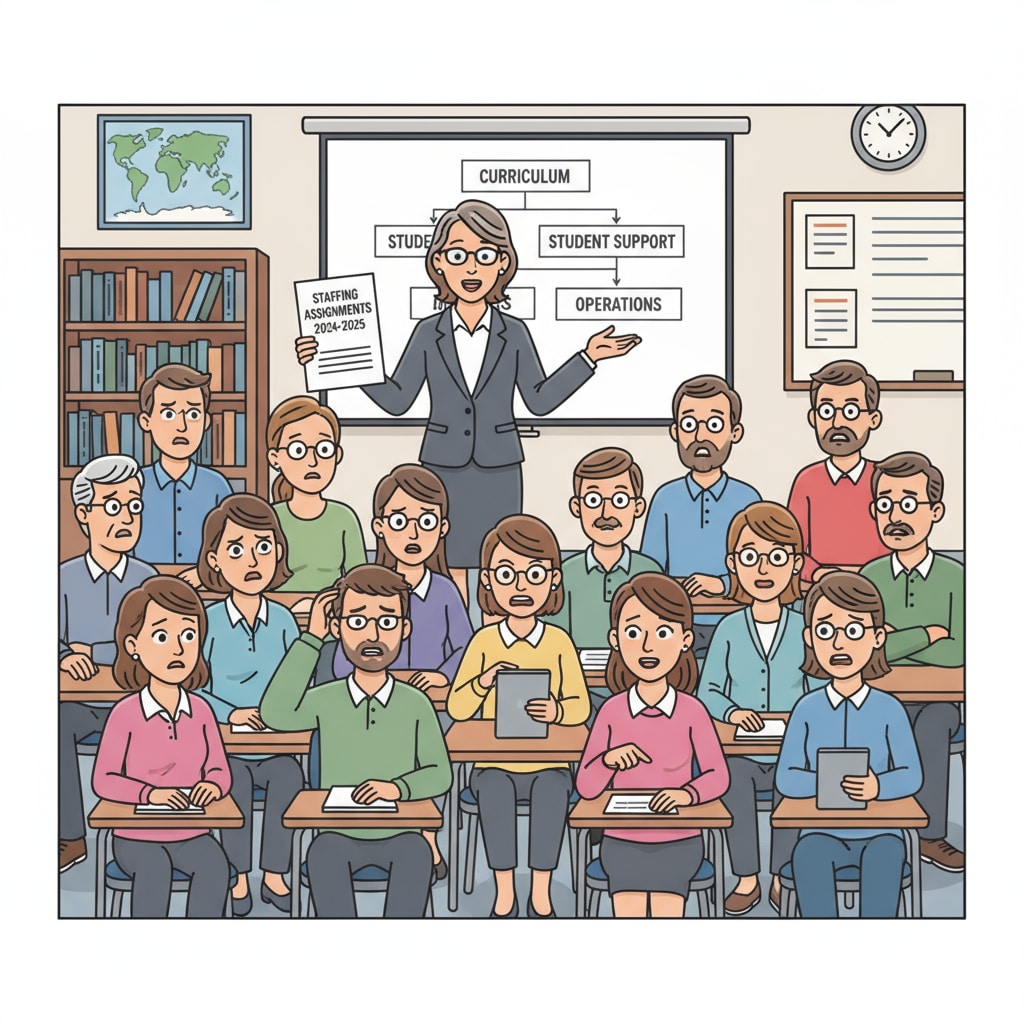In the realm of higher education, K12 educators often encounter a complex web of challenges, especially when it comes to issues like job reclassification, extra work, and salary negotiation. One particularly daunting situation is being saddled with additional responsibilities without formal negotiation. This phenomenon not only affects an educator’s workload but also has far-reaching implications for their career development and well-being.

The Prevalence of Unnegotiated Extra Work
Many K12 educators find themselves in a situation where they are assigned extra duties without prior consultation. For example, an educator who is originally hired to teach a specific subject may suddenly be asked to take on administrative tasks, like managing student records or organizing school events. This unplanned addition to their workload can lead to increased stress levels. According to the National Education Association, a significant portion of educators report experiencing such unnegotiated extra work.
Reasons Behind Unnegotiated Assignments
There are several reasons for this occurrence. One factor is budget constraints. Schools may be underfunded and lack the resources to hire additional staff, so they rely on existing educators to fill the gaps. Another reason could be poor planning or mismanagement. Administrators might not accurately assess the capacity of their teaching staff, leading to overloading educators with extra work. Additionally, a lack of clear job descriptions can contribute to this problem. Without well-defined boundaries, it becomes easier to assign additional tasks without proper negotiation.

The consequences of unnegotiated extra work are significant. Educators may experience burnout due to the excessive workload. This can lead to a decline in the quality of teaching, as they have less time and energy to prepare lessons and engage with students. Moreover, it can also impact their mental health, causing stress, anxiety, and even depression. In terms of career development, the extra work may not be recognized or rewarded, leaving educators feeling undervalued.
Strategies for K12 Educators
K12 educators can take several steps to address this issue. Firstly, they should communicate openly with school administrators. By having a calm and rational conversation, they can explain their current workload and the impact of the additional tasks. It’s important to present solutions, such as suggesting alternative ways to handle the work or requesting additional support. Secondly, educators can consider forming or joining professional groups. These groups can provide collective bargaining power and support in negotiating better working conditions. Finally, staying informed about their rights and the school’s policies regarding job reclassification, extra work, and salary negotiation is crucial. ERIC (Education Resources Information Center) offers valuable resources on these topics.
Readability guidance: The article uses short paragraphs to clearly present ideas. Each H2 section provides key points related to the challenges K12 educators face regarding unnegotiated extra work, its reasons, and solutions. Transition words like “for example”, “moreover”, and “firstly” are used to enhance the flow. The passive voice is minimized, and the focus is on actionable steps educators can take.


